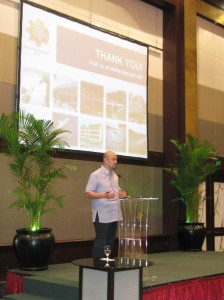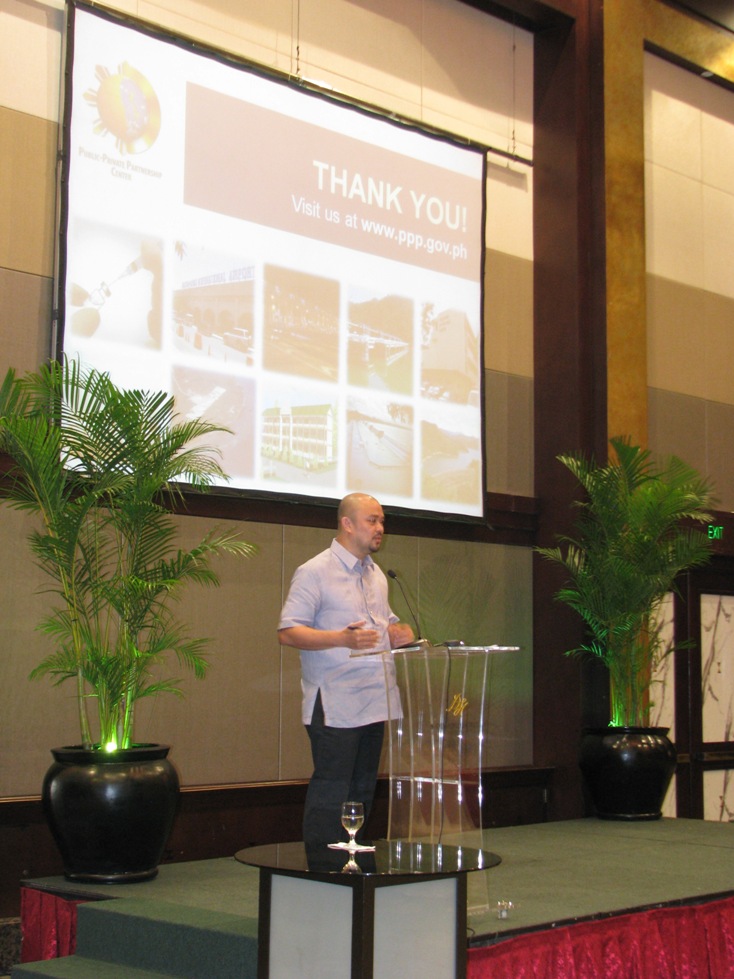 The Aquino government is tapping various mechanisms to accelerate infrastructure development in the Philippines, with the public-private partnership (PPP) program as one of these key strategies.
The Aquino government is tapping various mechanisms to accelerate infrastructure development in the Philippines, with the public-private partnership (PPP) program as one of these key strategies.
Recognizing that the private sector is the main engine for national growth and development, the government has introduced several incentives to stimulate private-sector financing for the construction, operation and maintenance of infrastructure and development projects that the government would normally undertake.
At the heart of this program is the PPP Center, which will be involved in every part of the project cycle, ensuring that projects are bankable, transparent and advancing public interest.
In a presentation during PortCalls’ recent Cargo Economics Conference in Manila, Atty. Ferdinand Tolentino, PPP Center Deputy Executive Director, said that the legal framework and institutional set-up are in place to make sure that interested investors will be given a level playing field with reasonable returns and appropriate sharing of risks without compromising the protection of public interests.
Through this program, end-users will be provided with adequate, safe, efficient, reliable, and reasonably-priced infrastructure services, he added.
“We have bigger projects covering a wider range of sectors to be offered (this year),” Tolentino noted.
In the pipeline are eight transportation projects (worth $1.88 billion); four road networks ($1.29 billion); three water sector projects ($1.08 billion); two health-related projects ($126 million); two agriculture projects ($186.9 million); and a couple of local government unit (LGU) projects ($6.28 million), totalling $4.08 billion.
These projects are in various stages of preparation and implementation that would also involve national line agencies, government corporations and LGUs, he explained.
Tolentino said that government funds for these projects are available in two facilities: the Strategic Support Fund (SSF), which covers right-of-way acquisition and related costs, including resettlement and the cost of designing, building and otherwise delivering any part of the project; and the Project Development Monitoring Facility (PDMF), which is a revolving pool of funds to enhance the investment environment for PPP and to develop a pipeline of viable and well-prepared PPP infrastructure projects.
In his presentation, Tolentino also noted that in evaluating the environment for PPP in Asia-Pacific in 2011, an Infrascope study by the Economist Intelligence Unit commissioned by the Asian Development Bank concluded that, “in the ASEAN region, (the) Philippines ranked highest in terms of PPP readiness…”
Other than the PPP, the government is also tapping its national budget and official development assistance (ODA) for infrastructure development, he added.





